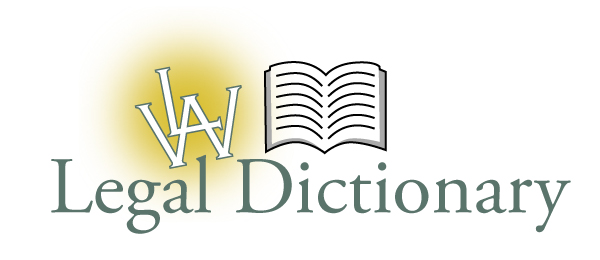- Have any questions?
- (630) 469-7100

What are “fiduciary duties”?
Certain positions that individuals hold cause them to have a responsibility to others to act in their best interests, to look out for their financial well-being, and to otherwise deal fairly with them. These responsibilities are called “fiduciary duties.”
Fiduciary duties can be as a result of a contract between the parties, but often they come with the position that the person holds with respect to another—as the executor of a will, director of a corporation, or trustee over property, to name a few. In some situations, shareholders of a company owe fiduciary duties to other shareholders, and sometimes employers and employees owe each other fiduciary duties.
Courts require that people with fiduciary duties owe their beneficiaries the utmost good faith, trust, confidence, and candor. For example, a trustee must ensure that assets are invested properly, and directors generally must ensure that they alert the corporations they serve of any potential business opportunities. We described one situation here where an employer breached his fiduciary duties to an employee.
We can help you examine your situation to see who you may owe fiduciary duties to, and what those duties require that you do. Call us if you want to discuss your position, or if you feel that someone owes you fiduciary duties but has not complied with those obligations.
If you liked this post, follow us on Twitter sign up for our monthly newsletter using the form in the sidebar. And be sure to read the Disclaimer.
- Congress Requires New COVID-19 Employment Poster - March 26, 2020
- Your Business Insurance May Contain Interruption Coverage You Can Use During COVID-19 - March 20, 2020
- Using Your Estate Plan to Leave Funds to a Minor - December 5, 2017
